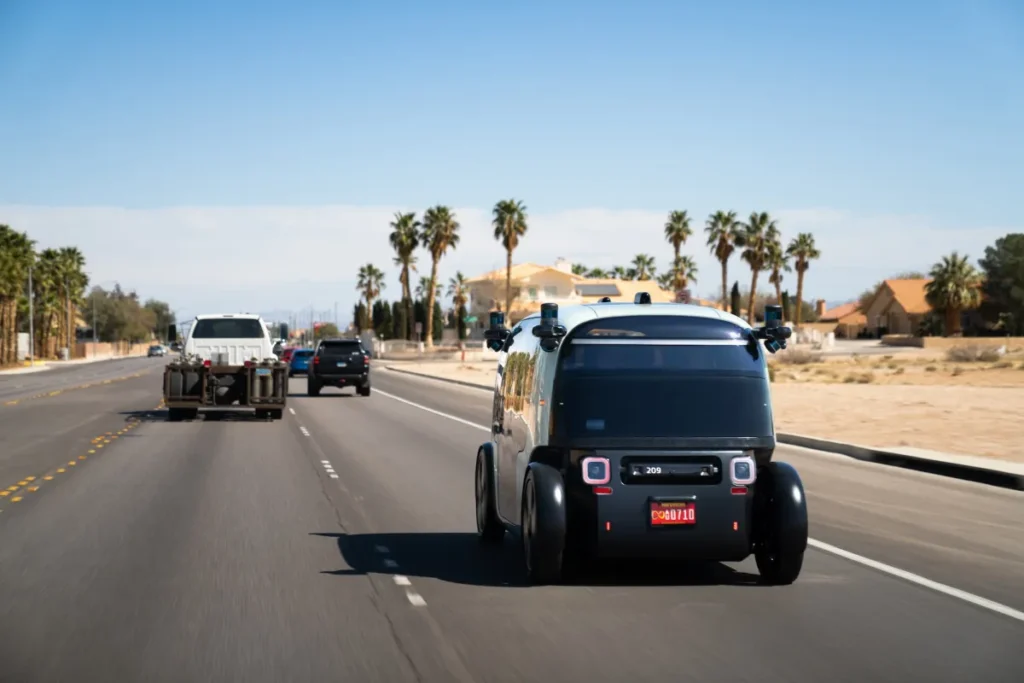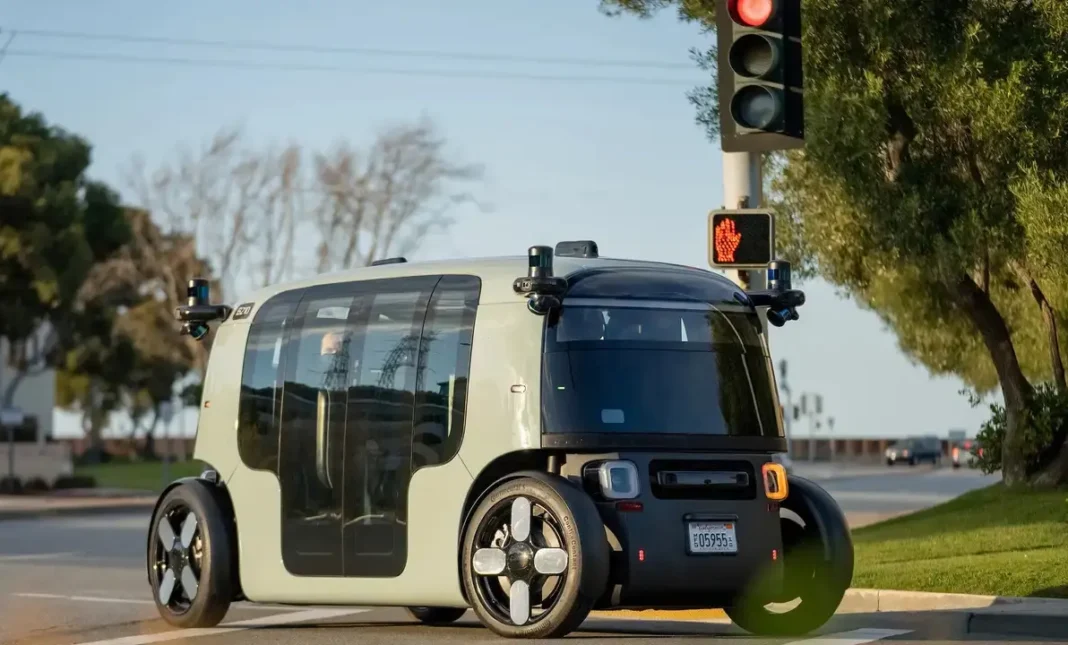Amazon-owned autonomous vehicle startup Zoox is facing renewed scrutiny after issuing its second software recall in less than a month. The latest voluntary recall comes on the heels of a collision in San Francisco involving one of its unoccupied robotaxis and an e-scooter rider. The incident, which occurred on May 8, is raising fresh concerns about Zoox’s autonomous driving software and its ability to safely navigate dynamic urban environments.
According to the company, the robotaxi was operating at low speed and had stopped at an intersection to yield when the e-scooter collided with it. Zoox claims the vehicle was at a complete stop during the contact, but after the e-scooterist fell to the ground beside it, the vehicle resumed motion and completed a turn. Though it did not make additional contact with the rider, the sequence of events suggests a lapse in the vehicle’s perception system. The rider declined medical treatment for minor injuries.
Just weeks before, Zoox recalled approximately 270 vehicles after a crash in Las Vegas prompted concerns over the robotaxi’s capacity to anticipate and respond to surrounding vehicles. In that case, the collision with a passenger car highlighted flaws in its prediction algorithms—issues that still appear to linger despite ongoing updates. Zoox has since issued a new software patch to improve how the system tracks vulnerable road users like pedestrians, cyclists, and scooter riders, and to prevent vehicle movement if someone is detected near its path.

The stakes are high. A robotaxi that moves after a collision, even at low speed, can cause serious harm—something Zoox’s competitor, Cruise, knows all too well. The GM-backed company saw its autonomous ambitions stall after one of its vehicles dragged a pedestrian following a crash, prompting federal investigations and widespread backlash.
While Zoox says it has cooperated with authorities by sharing relevant footage and data, the company has not disclosed how many vehicles are impacted by the latest recall or how this software update differs from the one rolled out in March. That previous recall, which involved 258 vehicles, stemmed from two incidents where motorcyclists rear-ended Zoox test vehicles due to unexpected hard braking.
With the National Highway Traffic Safety Administration now likely to review the latest incident, the future of autonomous operations at Zoox will depend on how swiftly and transparently the company addresses recurring safety concerns. The bigger question remains: Can any robotaxi company afford another misstep when public trust—and the regulatory spotlight—is sharper than ever?


